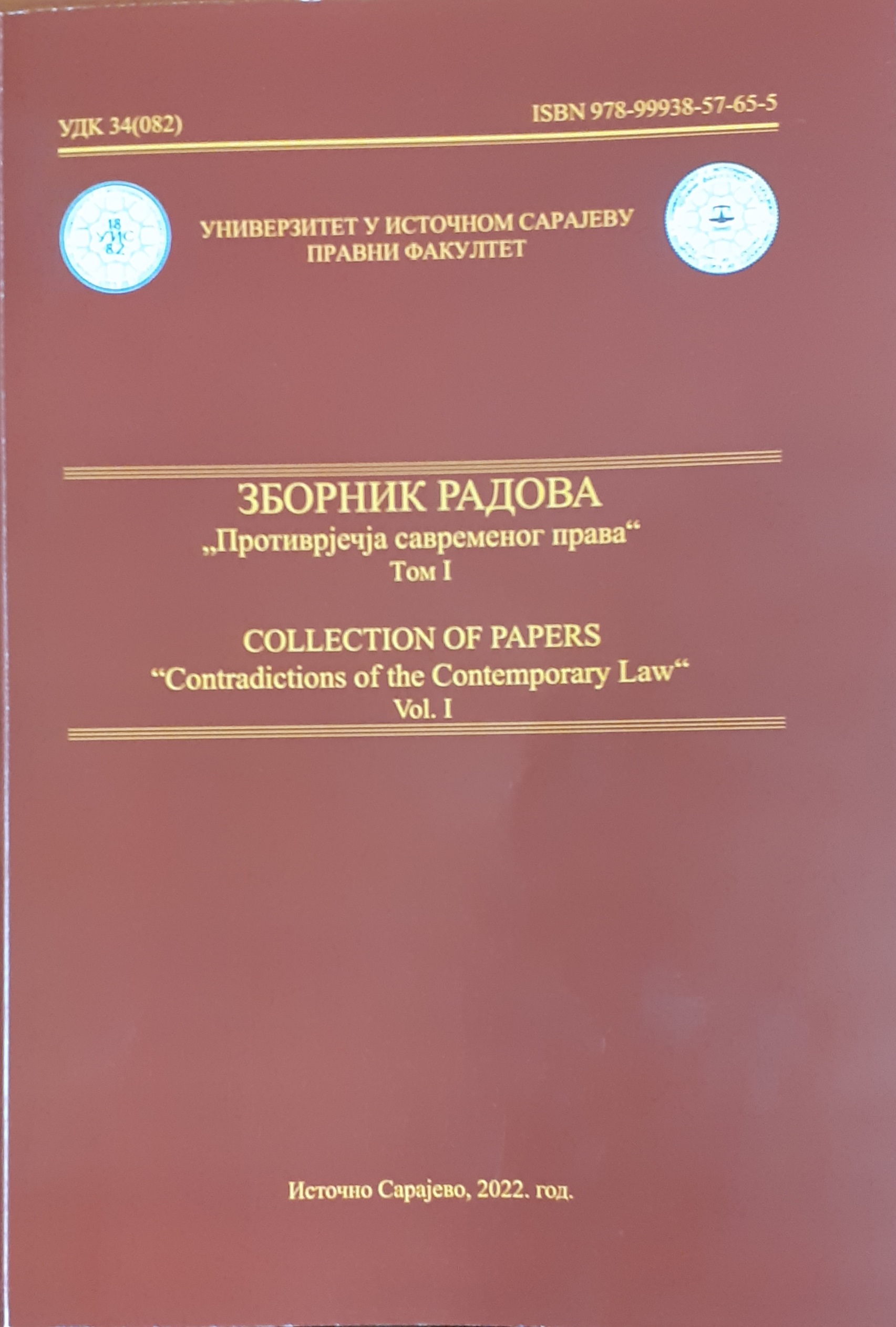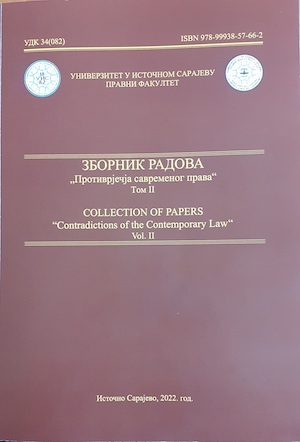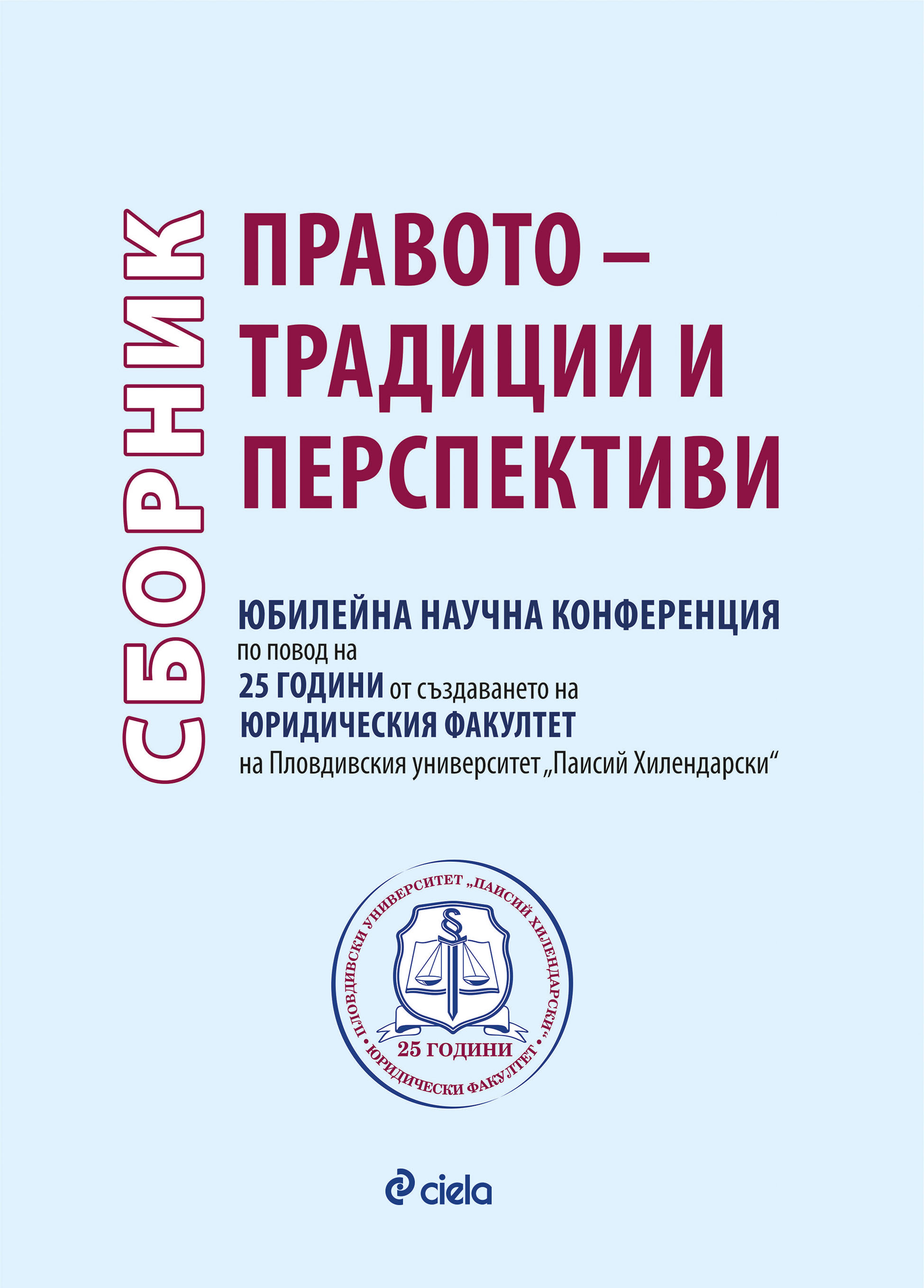
Resolving Contradictions in the Process of Interpretation of Treaties
Various interpretative sources express the same being of a treaty - the intent of the parties. Supposing that the intent homogeneous, contradictions among the interpretative sources should not be expected. Due various reasons the contradictions are, however, occurring sometimes in the process of interpretation. Leading of the principle of harmony, which is based on homogeneity of design of the parties, judges will attempt to harmonize contradictory information arising from competitive interpretative sources, but when it is not possible, they will weigh significance of competitive sources and gave priority to some of them. A concept of proper interpretation, as established by the International Law Commission of the United Nations, informs that the rule, which has to be applied in the case, will determine significance of competitive interpretative sources. This paper was written to show that the mode by which a treaty replies to the disputed question may also determine significance of competitive interpretative sources.
More...

